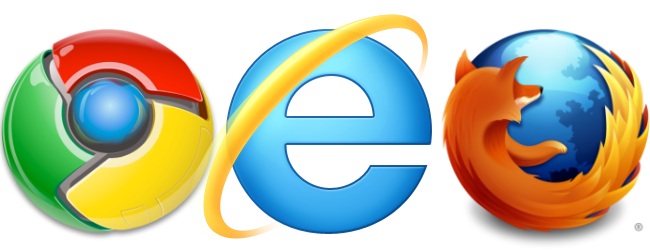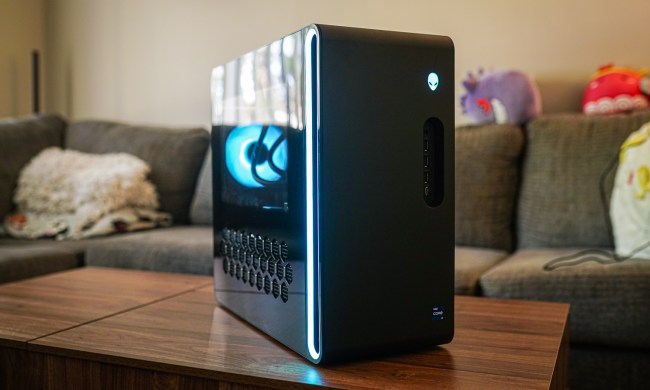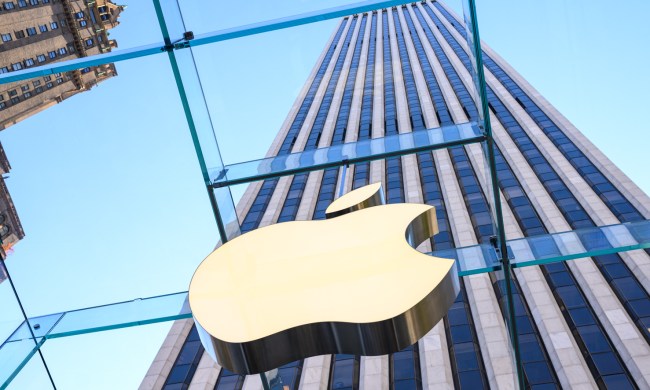 Bold claims of superiority have been known to occur throughout the course of the browser wars. But Microsoft has taken the rhetoric into new territory after announcing that the latest iteration of its Internet Explorer is the most energy-efficient browser on the market.
Bold claims of superiority have been known to occur throughout the course of the browser wars. But Microsoft has taken the rhetoric into new territory after announcing that the latest iteration of its Internet Explorer is the most energy-efficient browser on the market.
To reach that conclusion, Microsoft tested IE9 against Firefox 4, Safari 5, Chrome 10 and Opera 11. Microsoft tested each browser’s energy consumption on an Intel laptop by accessing several websites (a blank page, a generic news site, an HTML5 graphic-intensive site and FishIE) and then measuring how many watts were consumed.

As it turns out, IE9 was generally the easiest on the laptop’s batteries, Firefox 4 consistently placed a close second and Opera 11 showed the worst performance out of all the browsers tested.
Of course, Microsoft’s methodology was far from comprehensive. There’s plenty of reason to expect significant real world variations on what was reported in Microsoft’s tests. For instance, Safari may yield better results when running on an iOS iPad and Chrome could conceivably perform better when used with the Android operating system. Microsoft, you see, elected to use one operating system for its tests, its own Windows 7 and no tablets or smartphones were included in the tests. Also, a more extensive list of test sites could reveal greater variation in performance.
Whether you’re concerned about the environmental implications of energy consumption or just don’t like having to worry about plugging-in when on the move, one thing is for certain: Microsoft is on the right path by paying attention to this sort of detail when considering the performance of its products.


